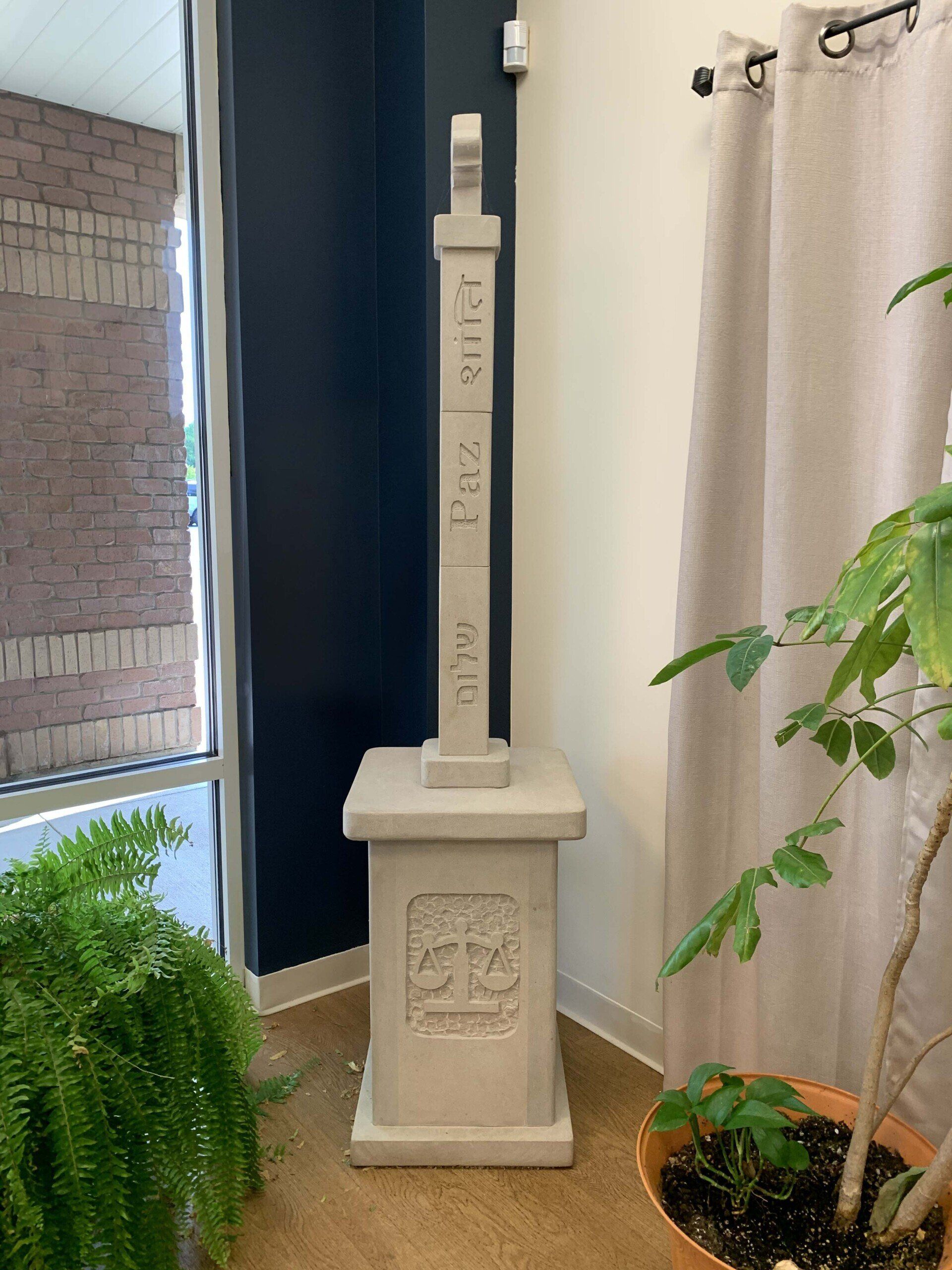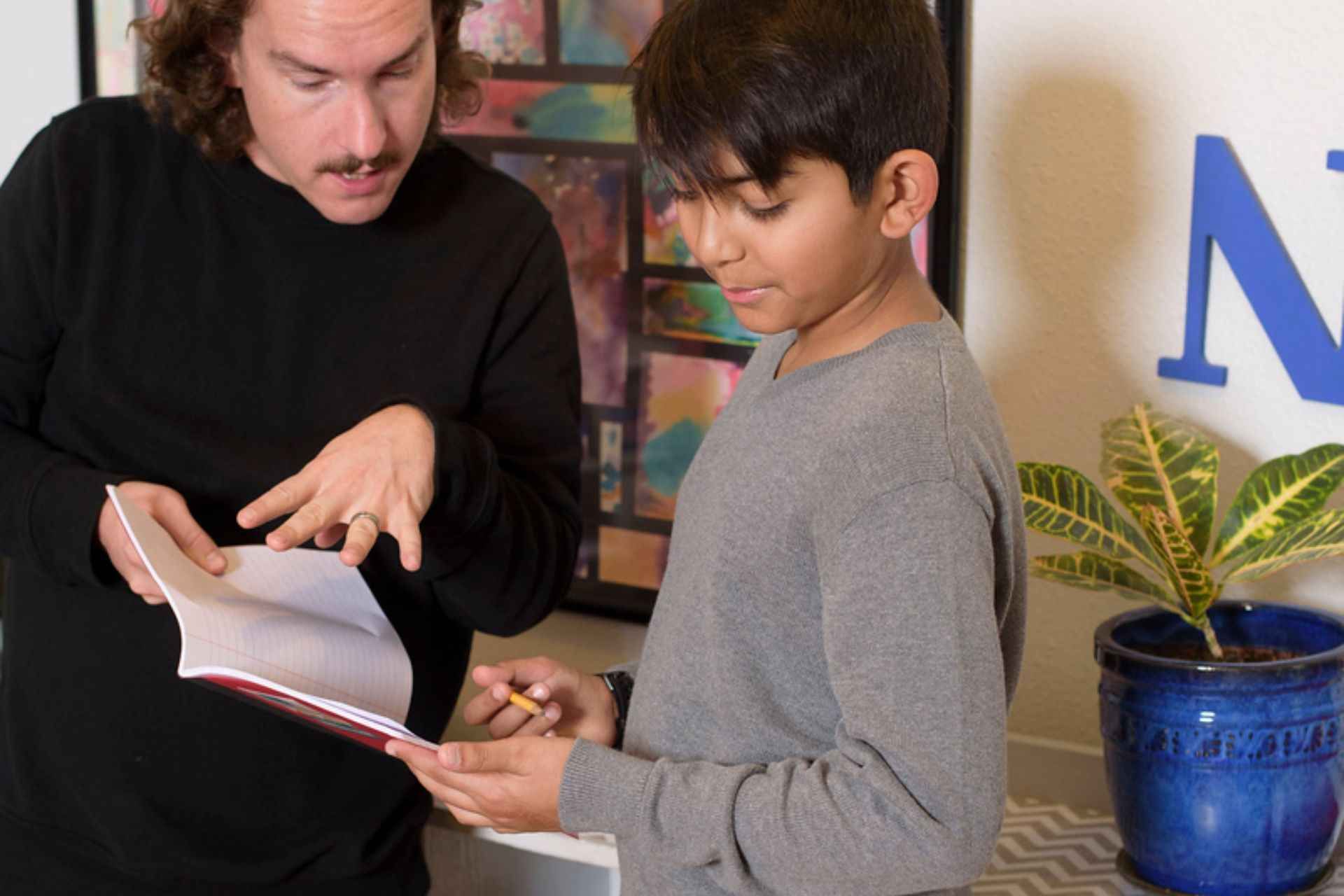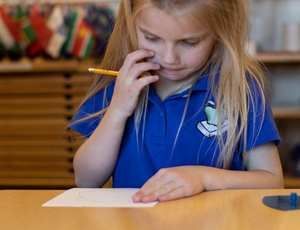International Day of Peace
September 21, is the International Day of Peace.

Peace education is a cornerstone of the Montessori Method. Maria Montessori passionately argued that education was the only means of eliminating war once and for all, and through children, it was possible. She strongly believed that moral virtues were habits, that if not intentionally taught, mankind would always regress back to war.
Montessori believed that a child’s education teaching values such as global citizenship, personal responsibility,
and respect for diversity were equally important as the reading, writing, and arithmetic. She wrote in Education
and Peace, “Peace is a goal that can only be attained through common accord, and the means to achieve this
unity for peace are twofold: first, an immediate effort to resolve conflicts without recourse to violence—in other
words, to prevent war—and second, a long-term effort to establish a lasting peace among men” (Montessori, 1949, p. 27).
Beginning in early childhood, our students learn to think globally about the human race and its place in the entire system of our planet. As they get older, they learn more about the ways that different cultures developed and how they coexisted with the geography and biology of their parts of the world to meet the basic needs that all humans have in common.
Once a member of our adolescent program, they begin studying the social responsibilities humans share. They investigate questions like, “Is everyone created equal?" "Why is there war?” Teachers challenge their students through socratic dialogues to start looking at the world differently by seeking insight from world history. Students begin researching and discussing the interactions between humanity and the environment. Teachers then guide the students in the most important task, how can future history be written in a way that promotes harmony between people.
Peace is a habit children must learn. Through Grace and Courtesy lessons, children are taught the habit of viewing
and treating others with respect. When they have conflict, they are taught how to seek to understand the other person’s point of view. Given these habits are practiced daily, they become very natural to the students. As adults, we often encounter situations in which we need to work with people who are coming from different points of view. Can you imagine how much easier your child’s adult life will be having the habits of respect, conflict resolution, justice, harmony,
and solving problems through curiosity and wonder.
Peace is worth celebrating and recognizing its importance. We encourage our families to watch this video of a child reciting a poem written by the nephew of Gandhi in honor this holiday each year.






